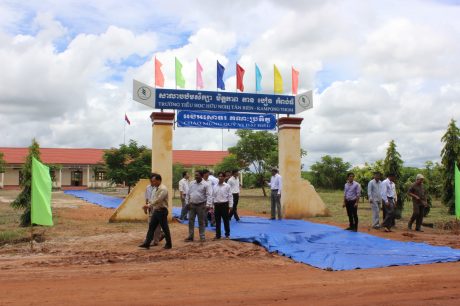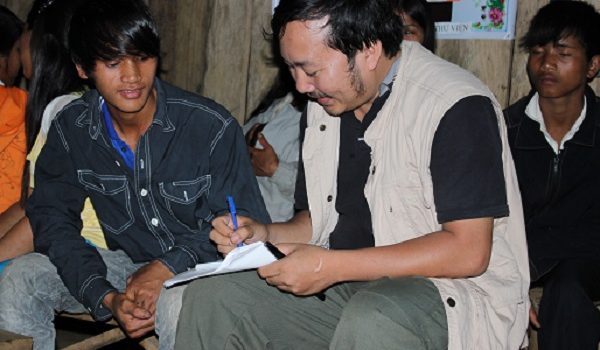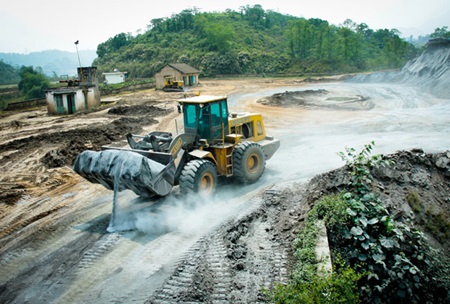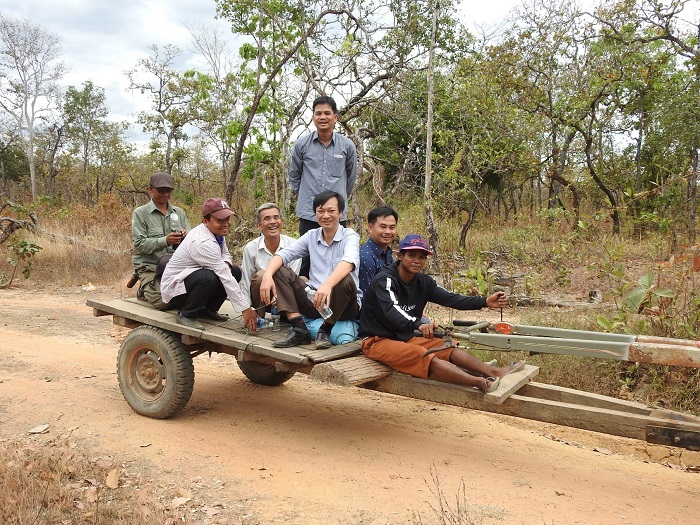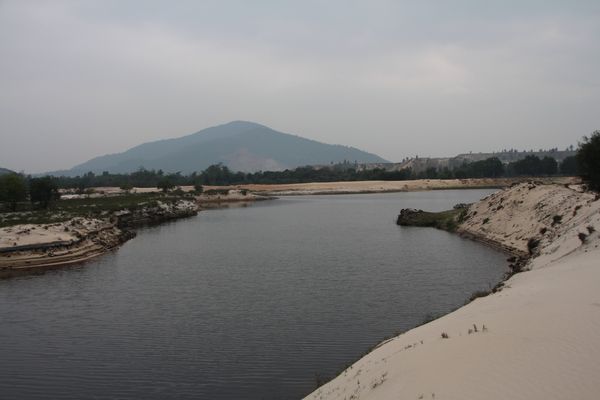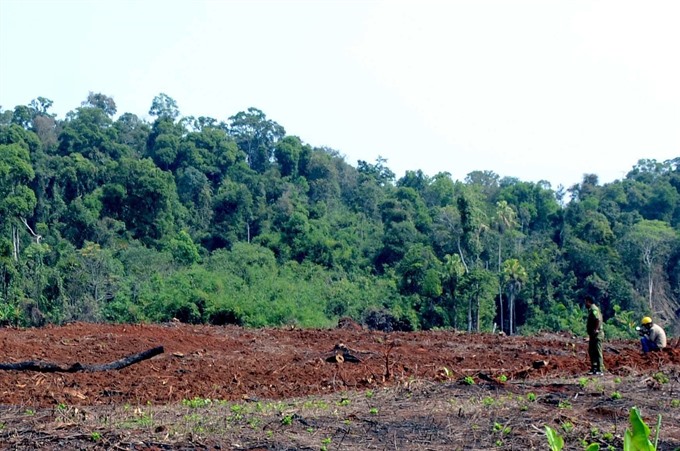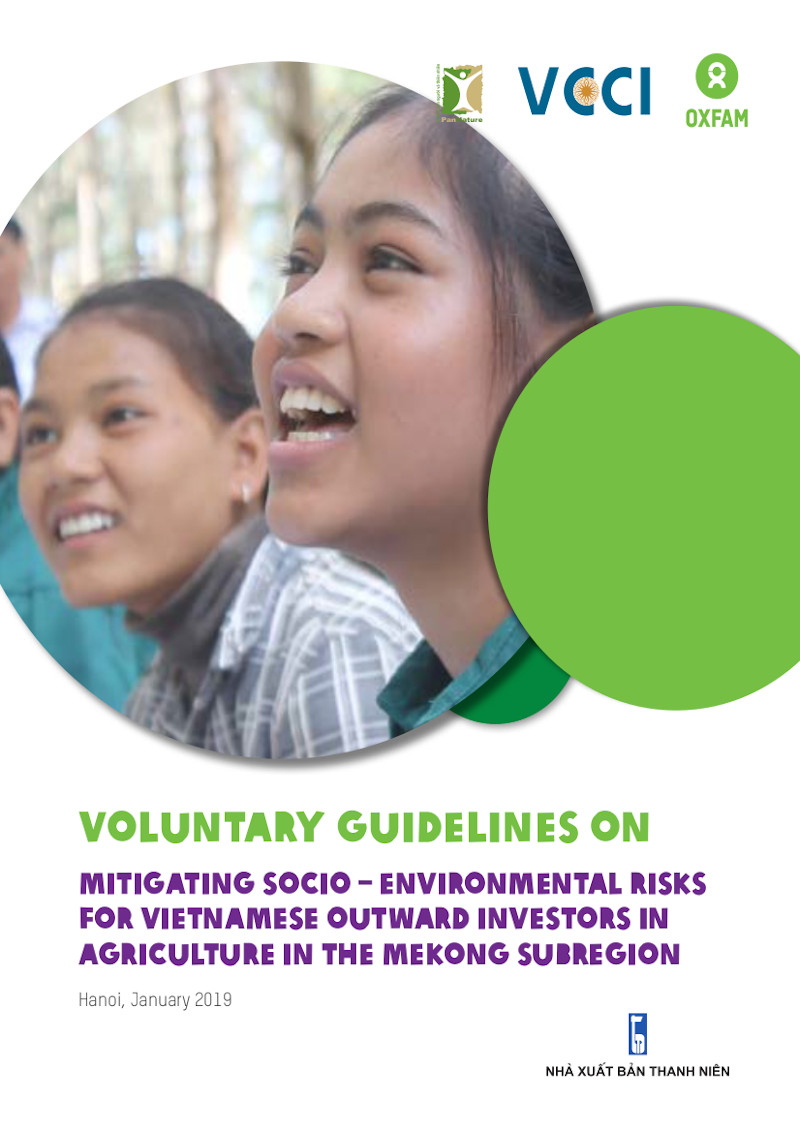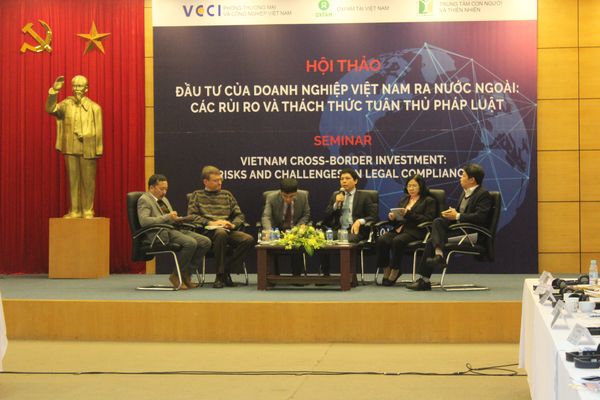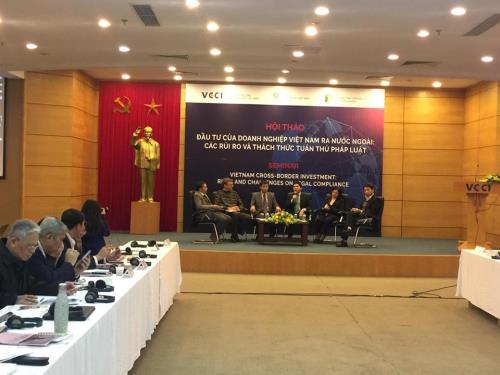Economic Development Associated With Social Security
VRG has actively cooperated with a number of non-governmental organizations (NGOs) such as PanNature, Oxfam in Vietnam and UN-REDD+ Vietnam to survey several member companies in Laos, Cambodia that aim to build and apply "Guidelines for voluntary risk reduction in agricultural investment abroad" VRG is also trying to cooperate with some other NGOs on re-issuing FSC certificates.

